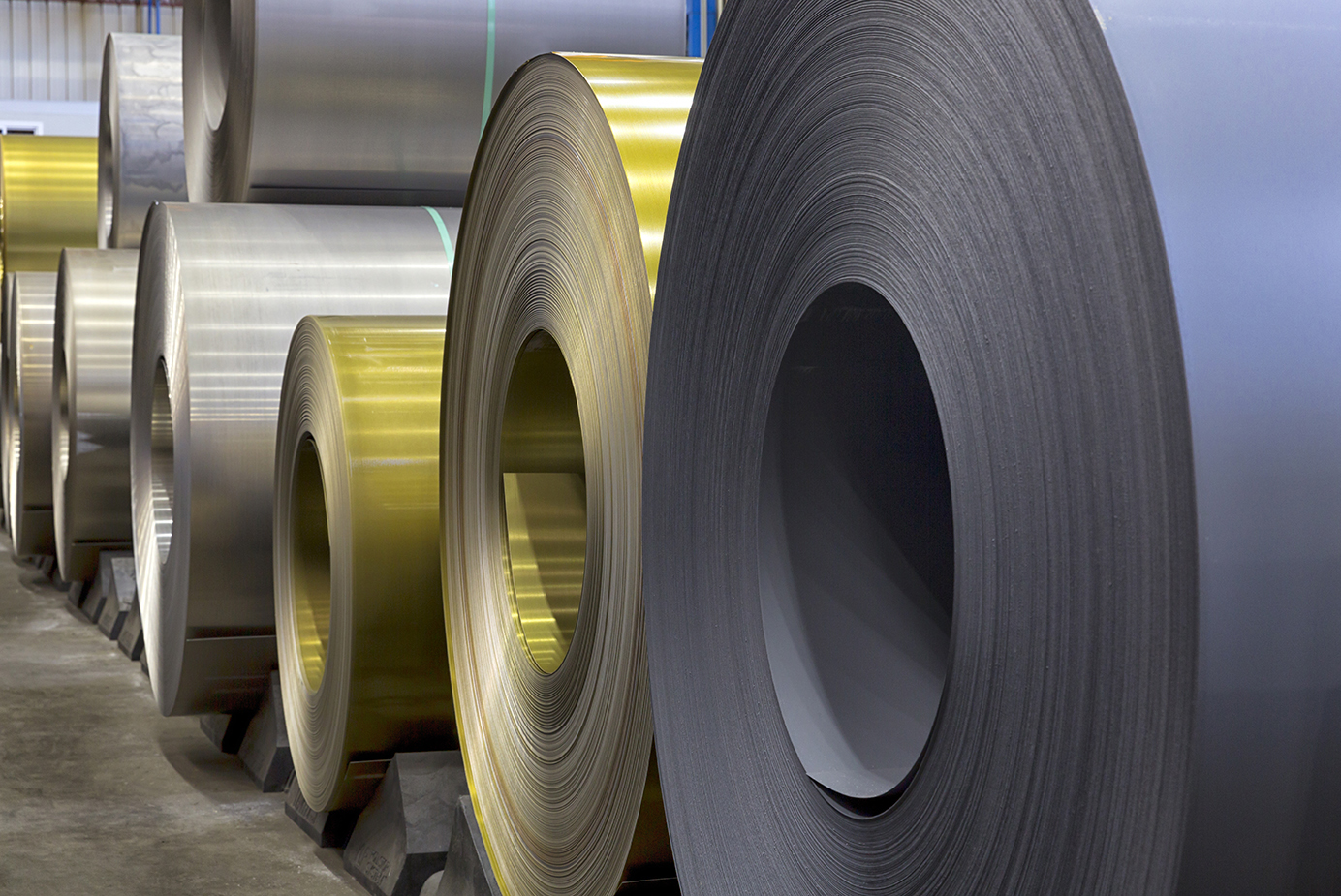
Opinion piece by Cristina de Lucas, CMO of ArcelorMittal Europe – Flat Product’s Electrical Steels
While the transition from gas-powered to electric vehicles will help the EU move closer to its emission reduction goals, efficient electric motors have countless applications beyond under the hood of a car.
There are opportunities to build energy-efficient generators to amplify the energy savings of wind turbines, or manufacture speedy, sustainable rail systems using propulsion motors. Electrical steels are a core component of many of these innovations, being substantial for their efficient use of renewable resources and energy efficiency. They are unquestionably essential for the European movement towards a cleaner and more circular economy.
However, to maximize the return on electrical steel, Europe will need these steels to be produced locally to maintain industrial – and energy – independence.
Europe’s goal of reducing emissions to restore environmental balance will stumble if we rely on electrical steels, batteries, and electric motors that are developed in regions where less attention is paid to the environmental impact of their production.
If Europe does not have industrial autonomy in this area, it cannot fully control emissions across the complete supply chain. This hampers the impact of targets that aim to transition the region into a greener and more circular economy. In the current political climate, there is also a danger that national trade laws will limit access to imports of electrical steels, batteries, and motors. As we have seen in the recent past, some countries will prioritise their own markets first to gain any competitive advantage.
Transportation is an area where local production helps to mitigate supply chain risks. A shortage of shipping containers is already pushing up the delivery costs – and availability – of goods that come from the other side of the world. Flying batteries, electric motors, and electrical steels to Europe is not sustainable either. If these products are manufactured locally they can be easily transported by using road and rail modes – many of which will be electrified soon. And promoting the advantages of these products being “Made in Europe” will have a positive impact on employment and society in general.
ArcelorMittal is already producing the high-quality electrical steels European industry needs. We have also made significant investments to help us extend our product offer and provide even more efficient solutions for clean energy generators and e-mobility traction motors. ArcelorMittal is keen to participate in the transition to a greener and more circular local economy. We are dedicated to our continuous investment in Europe to meet the soaring demand for high-quality electrical steels.
 ArcelorMittal's Electrical steels - Inventing smarter steels for a better world
ArcelorMittal's Electrical steels - Inventing smarter steels for a better world
 Generating cleaner energy from water
Generating cleaner energy from water